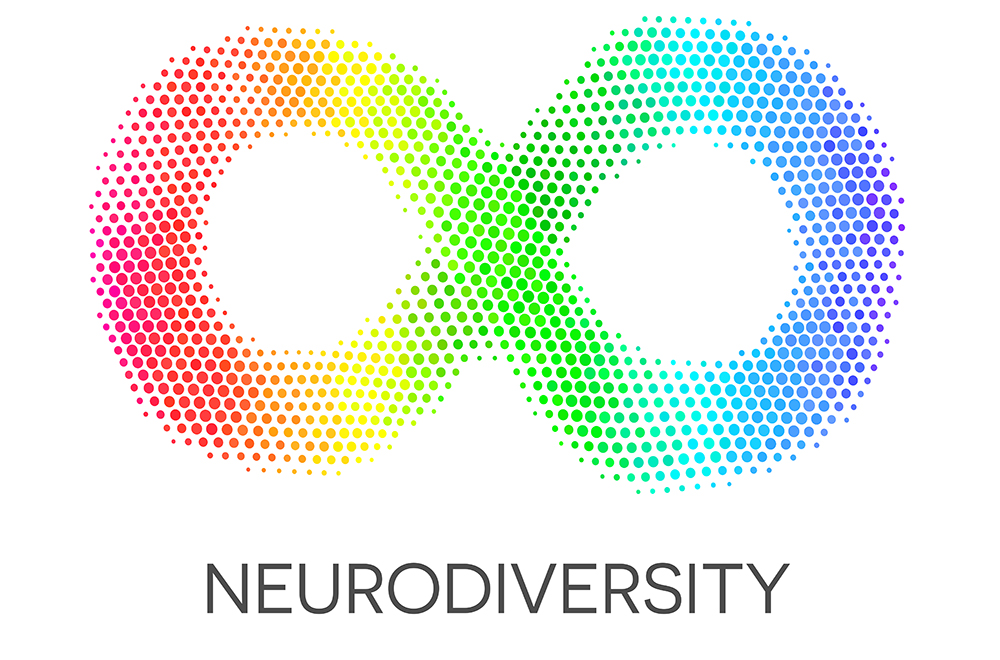
In this project, Prof. David Williams examines self-awareness in Autism Spectrum Disorder (ASD). The researches proposes a novel task to detect group differences in self-awareness. The findings have important implications for educators, research as well as equality and diversity policies.
Find more about the Kent author here
Find the full paper here
About
It has been suggested that autism spectrum disorder (ASD) involves a deficit in self-awareness (i.e. a deficit in the ability to monitor one’s own actions). According to this theory, individuals with ASD experience less feelings of responsibility for their own actions. These suggestions are based on research demonstrating that children with ASD find it hard to discriminate between the actions performed by themselves and actions performed by another person. However, the tasks used in previous research may not have been sensitive enough to detect group differences.
The current study presents a novel task to investigate self-awareness in children with ASD.
Research Objectives
• To explore the extent to which individuals with autism experience difficulties in monitoring their own actions vs someone else’s actions.
• To explore whether individuals with ASD are less able than individuals who do not have ASD to distinguish the actions of self and other in memory.
Programme and Methodology
• Sixteen children with ASD and sixteen comparison children
• Computer task in which participants had to monitor their own or someone else’s actions
• Memory task involving one’s own and someone else’s actions
Findings
• Both groups find it easier to monitor and to remember their own actions than those of the experimenter.
• The findings do not support the notion that ASD involves a deficit in the ability to monitor one’s own actions.
Impact
• This project offers new and important information on aspects of self-awareness in ASD.
• Findings can inform professionals in educational settings about the strengths and abilities of children with ASD.
• The study also highlights that the children may have benefitted from verbal commentary during tasks. Such findings could inform educators about effective ways of supporting those with ASD in school.